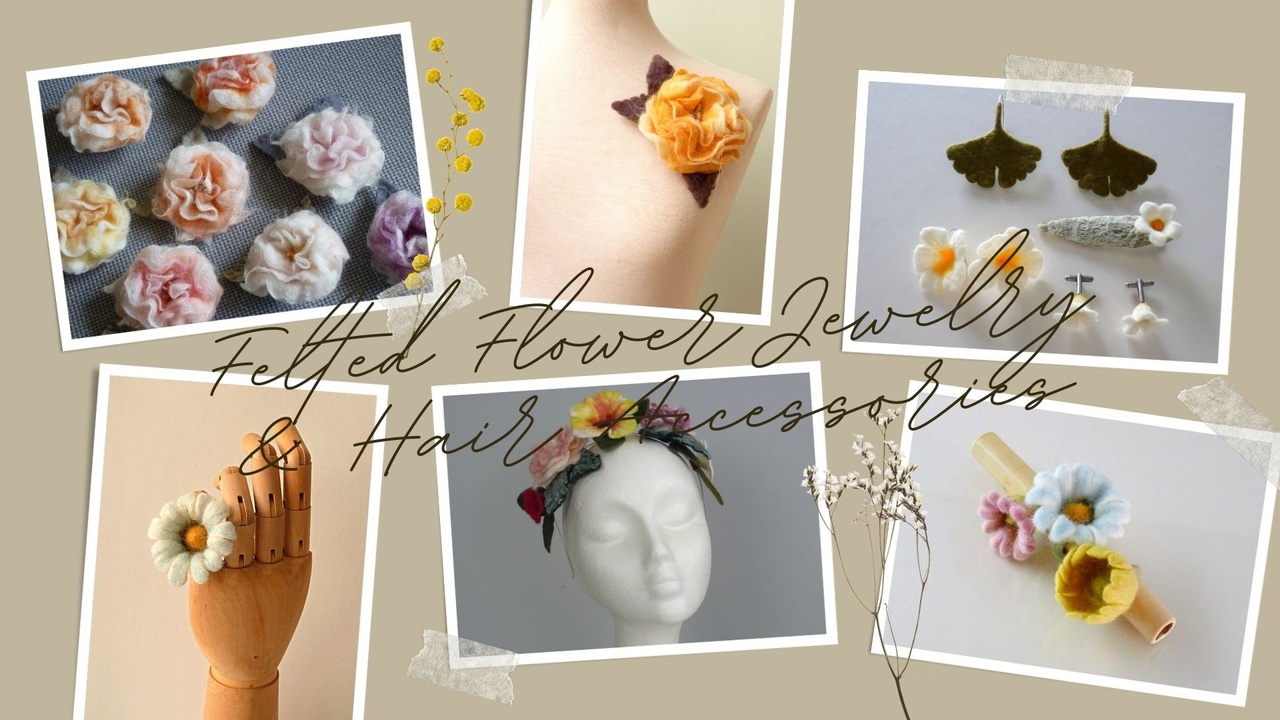The Dodo Blog
A good wool layout is essential for many reasons. It’ll give your work stability, and it’ll guarantee your felt is even. It’s also the secret to a fine drapable piece with a beautiful finishing.
Here’s a video showing you exactly how to create the perfect layout. If you don’t feel confident with th...
After finally relaxing from the experience of confinement and COVID, I returned to work at the beginning of September. My 2 weeks break took me to the Camino de Santiago - the Camino Frances - where I was surrounded by Nature and quiet.
Maybe that's what made me want to start felting flowers again ...
If you're following my Instagram account, you know that I've been sharing photos of my new baby items for some time :)
The idea of creating more felted pieces for kids has been on my mind for long. I just think it's the perfect medium for babies: soft wool and silk, natural non-toxic fibers, enviro...
I often get questions about felting in the comment section of my YouTube channel. Yesterday, one came up that I thought deserved a longer answer. Since it’s a frequently asked question, it made sense to me to write a blog post on the topic.
Here’s what Kathleen McKinney wanted to know: “How do you ...
There are thousands of ways you can decorate a wet felted project. Some just involve wool, others can include silk or other fabrics, as you know. This is then called Nuno felting. But today I bring you a sample that contains wool, silk and something else.
I wanted to show you an example of how you ...
Are you going crazy with the ‘what is what’ in terms of the wool for felting?
I do my best to avoid insider lingo, but the truth is there’s no escaping. You’ll just have to learn a couple of new terms when it comes to this. Otherwise you risk not getting the right materials for your projects. So he...
I’ve been working in a new video workshop, which I hope to finish and post in the next couple of weeks. And the video tutorial I bring you today will be part of this workshop.
I wanted to share it with you, because I know there are so many questions about how to make a pre-felt.
Hope you enjoy it!...
Am I happy to be back!!!
What started out as a couple of technology problems, ended up as a great example of Murphy’s Law. After having taken my tablet – where I store eBooks, notes, my calendar, and all sorts of information – to repair, my Internet stopped working, I had huge difficulties in getti...



